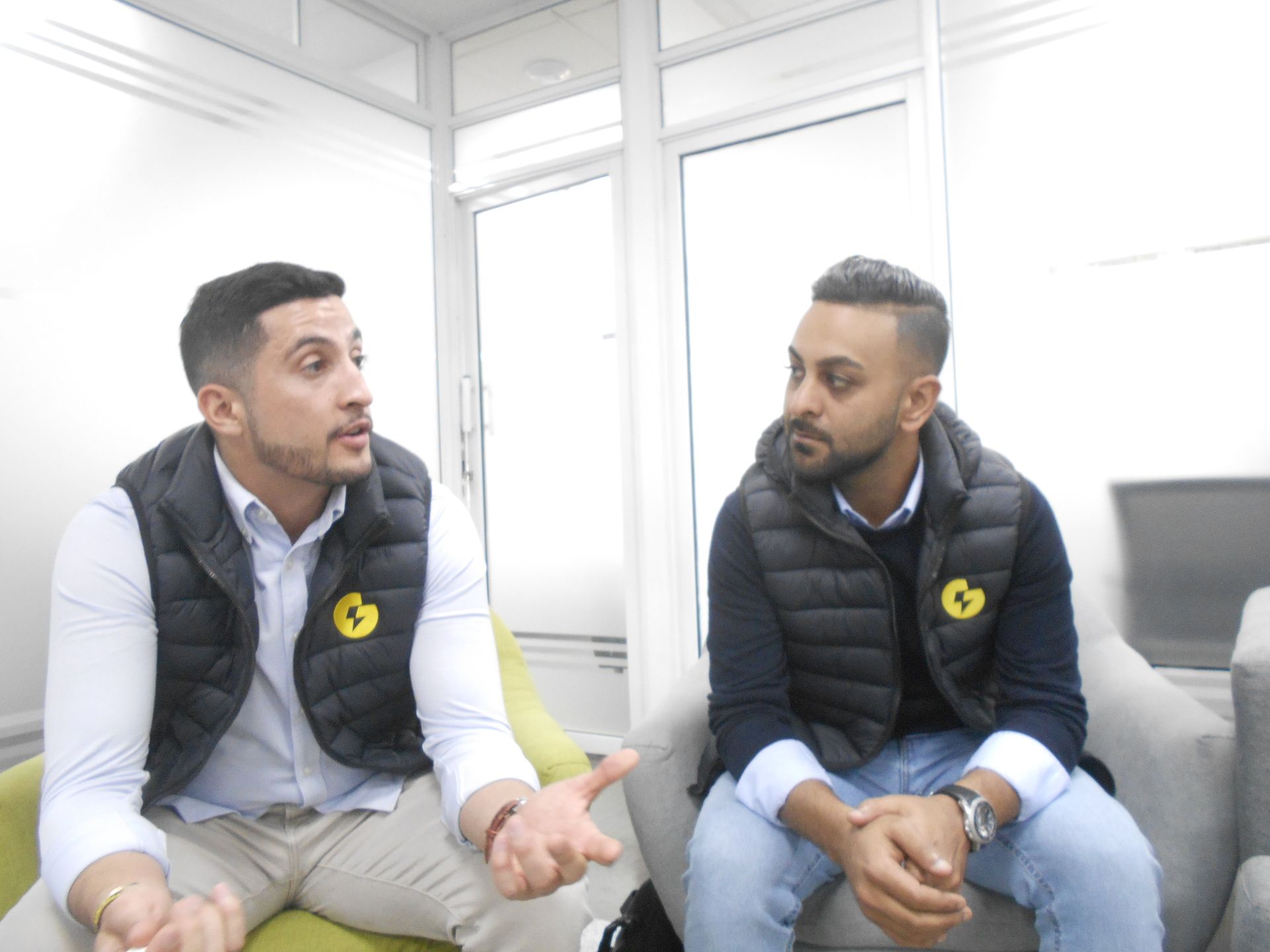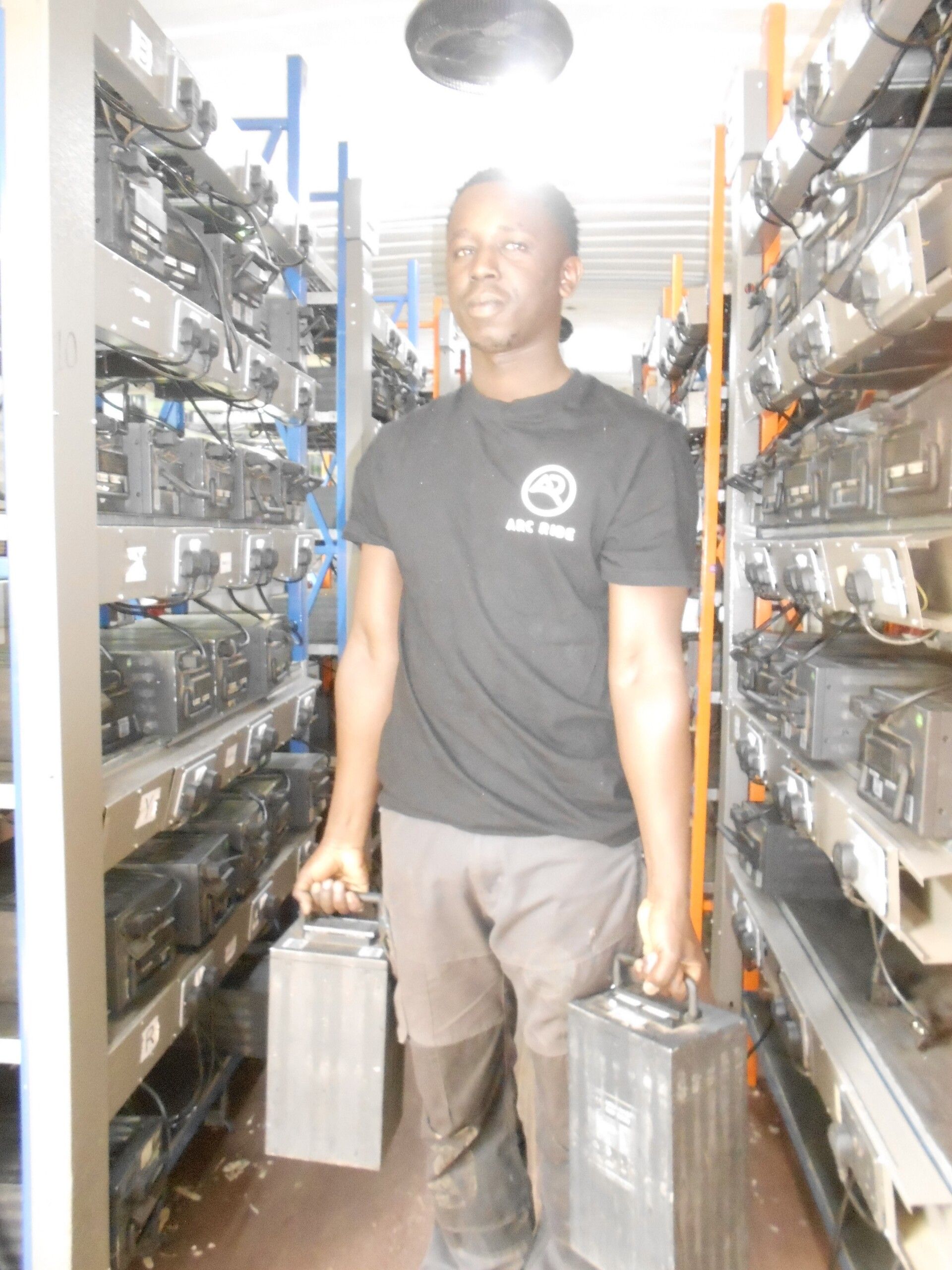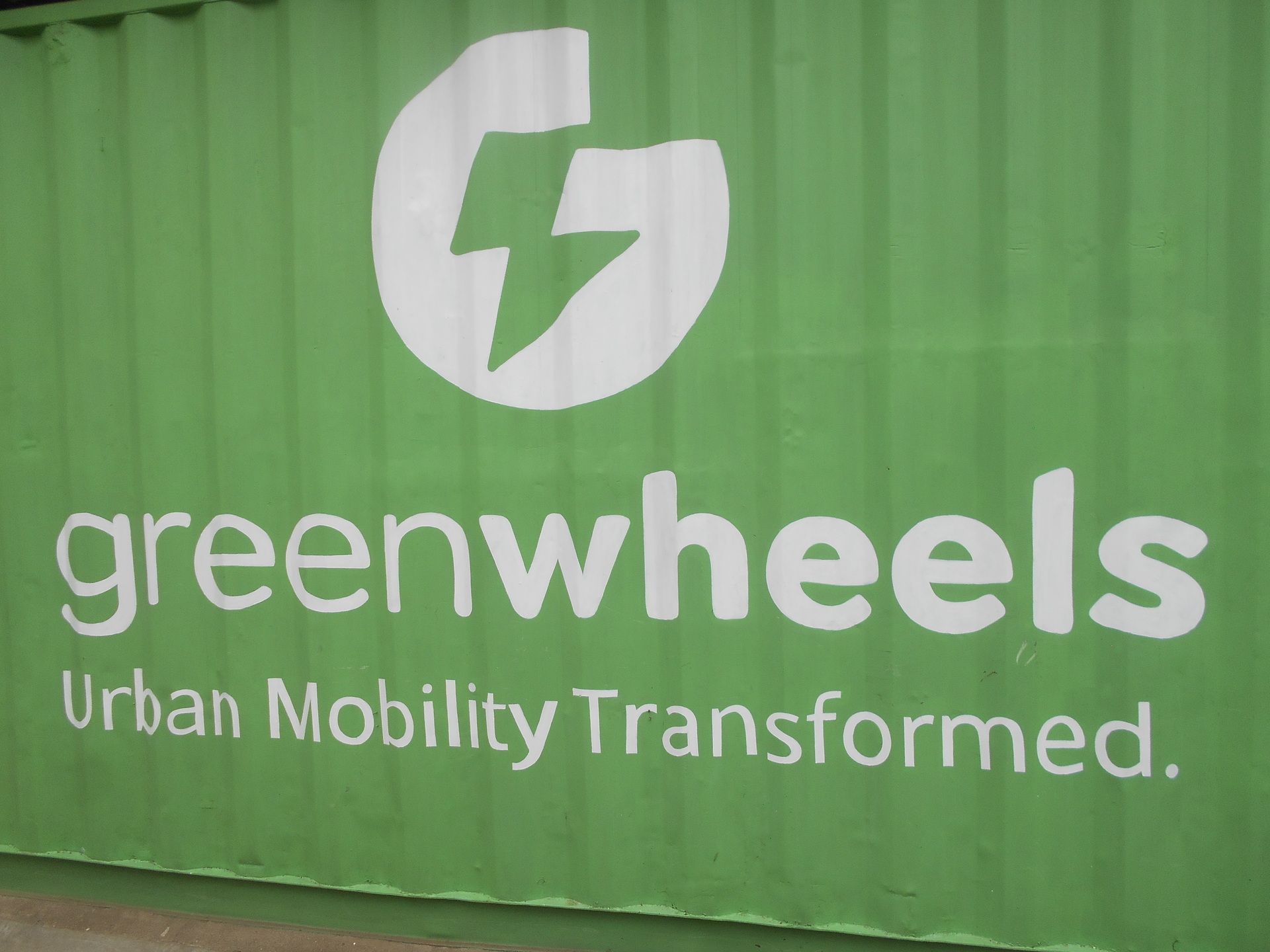- The 254 Report
- Posts
- Powering Kenya’s Electric Boda Shift: Arturo Osorio and Zakir Ramani in the Uber Boda X Greenwheels Partnership
Powering Kenya’s Electric Boda Shift: Arturo Osorio and Zakir Ramani in the Uber Boda X Greenwheels Partnership
An Immersive on Battery Swaps, Safety, and Smart Mobility

Arturo Osorio (left) and Zakir Ramani (right) during the Uber Boda x Greenwheels Africa media immersion.
At the heart of Kenya’s electric mobility transformation is a team quietly reinventing how boda boda riders work, earn, and move. Led by Zakir Ramani, Chief Operations Officer, and Arturo Osorio, Head of Finance Operations, Greenwheels Africa is deploying more than just electric bikes they're building what Zakir calls a “full-stack empowerment platform.”
“Don’t just give a man a fish. Teach him how to fish. Support him while he’s fishing. And make sure there are fish in the pond,” Zakir says, capturing the ethos behind the Uber Boda platform.
A Platform, Not Just a Bike
Greenwheels Africa’s model is more than electric motorcycles. It’s a comprehensive ecosystem built to support boda boda riders from day one. Each rider receives:
A lease-to-own electric bike
Access to the Uber platform specifically Uber Eats and Uber Connect
Real-time support from a 24/7 control room
Access to a network of battery swap hubs
Critical emergency response services through the Aura platform
The lease-to-own structure flips the traditional model on its head. Instead of being locked into a low-paying salary or exploitative rental agreement, riders keep 100% of what they earn, paying only a manageable daily fee. After a set period often 24 months they fully own the bike.
Smarter, Safer, Data-Driven Operations
From their Nairobi headquarters, Greenwheels Africa team tracks all rider activity live. Using an intelligent dashboard, they can tell:
Whether a driver is online, offline, or on-trip
Where bikes are parked, moving, or idling
The location of hotspots and rider clusters
Real-time battery availability across the city
Icons and color codes help visualize everything from trip status to battery levels. When a problem arises be it a crash, police stop, or medical emergency the system can instantly generate a precise GPS location and push support to the field.
Through a direct partnership with Aura, riders can access ambulance, medical, and security assistance free of charge during active Uber trips. This same feature is also available to passengers though, as it was noted, “many people still don’t know it’s there.”
Protecting Riders, Responding to Realities
Uber Boda doesn’t shy away from difficult scenarios. Arrests, harassment, and even incidents involving riders unknowingly transporting illegal goods are part of the reality. The team supports riders case-by-case prioritizing recovery of the bike, and if needed, providing financial assistance with reimbursement terms.
“We evaluate what happened. If it’s the rider’s fault, say he was caught with drugs, we don’t interfere with legal proceedings. But we’ll help recover the bike or offer support privately.”
Going Global, Thoughtfully
While many companies scale prematurely, Zakir and his team are cautious. Their goal isn’t just growth, but sustainable impact.
“We’re not just putting thousands of bikes on the road,” Zakir emphasizes. “We want to make sure everyone using our platform has a fair shot at earning. We only grow when the ecosystem is ready.”
That’s why Uber Boda won’t flood the market with bikes just for visibility. Instead, they’re working closely with Uber to increase demand first, then gradually introduce more supply to keep earnings viable for every rider.
“If 10 of us are having lunch and we each need half a chicken, and tomorrow more people join, we must make sure there’s more food. Otherwise, no one eats enough. That’s how we think about scale.”
A Bigger Impact Beyond the Bike
Each rider, Zakir points out, supports on average 2.7 dependents. The ripple effect of dignified earnings, safety, and ownership reaches beyond city roads and into families and communities.
“We’re not just here to electrify boda bodas,” Zakir concludes. “We’re here to build a better way to earn, to move, and to live.”
🎧 Listen to Greenwheels: Arturo Osorio on Battery Swapping and the Future of Uber Boda by The 254 Report on SoundCloud https://on.soundcloud.com/mO6yd0tjn14PWI5fr7
The Head of Finance Operations at Greenwheels Africa, is helping lay the financial and operational backbone of the electric boda boda revolution, one smart battery swap at a time.
“In order for us to scale up and grow, we realized the key isn’t just bikes it’s the charging network,” Arturo explains.
At the heart of Greenwheels’ model is a bold, scalable idea: battery-as-a-service.
Why Battery-as-a-Service? Because Batteries Decay Access Shouldn’t

Traditionally, riders purchasing electric bikes are expected to finance not just the vehicle, but also the battery and a charger turning them into long-term owners of a component that, like a phone or laptop battery, deteriorates over time.
“The problem is that after two years, that battery’s performance drops significantly,” Arturo notes. “So a rider ends up paying for something that’s lost value halfway through.”
The battery-as-a-service model turns that outdated approach on its head.
Instead of owning the battery, riders simply swap them at charging stations scattered across the city. Thanks to Greenwheels' close partnership with Arcred, there’s now a robust network of cabinets and swap stations ensuring that a rider is never more than 2–3 kilometers away from a fully charged battery.
Only Pay for What You Use
The system is designed with fairness and efficiency in mind. Riders don’t pay a flat rate they only pay for the energy they’ve consumed.
“If I come in with a battery at 20%, I only pay for the remaining 80% I need,” Arturo explains. “It’s simple, it’s fair, and it works.”
This approach removes financial risk for drivers, especially those on lease-to-own plans. By shifting from battery ownership to battery access, Greenwheels ensures that its riders always have high-performance equipment without long-term degradation concerns or upfront costs.
Scaling With Intention
For Arturo, the battery service model isn’t just a business decision it’s a foundational piece of infrastructure that enables smart growth.
“We believe this is the most sustainable and beneficial model for the driver and it allows us to build a platform that can scale across cities and even countries.”
Greenwheels Africa isn’t just creating electric mobility it’s building a power grid tailored for two-wheel commerce, one that fits the rhythms and realities of Africa’s urban economy.

And thanks to Arturo Osorio, the numbers and the logic are lining up perfectly.
Reply